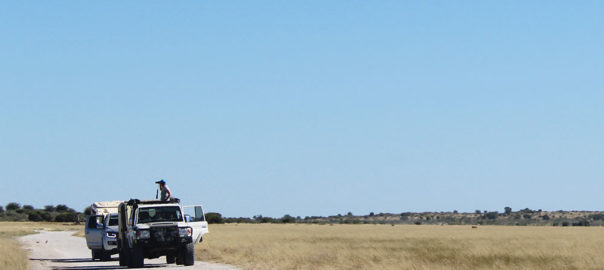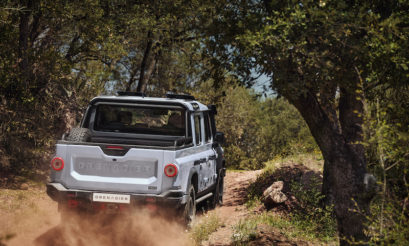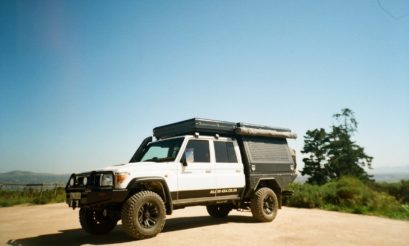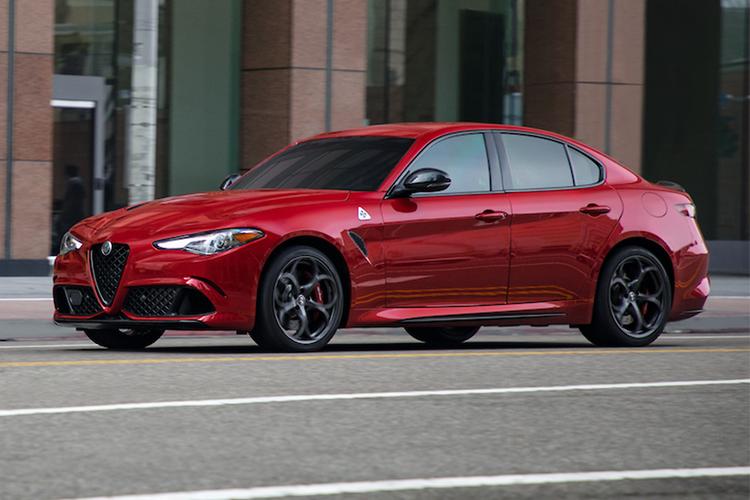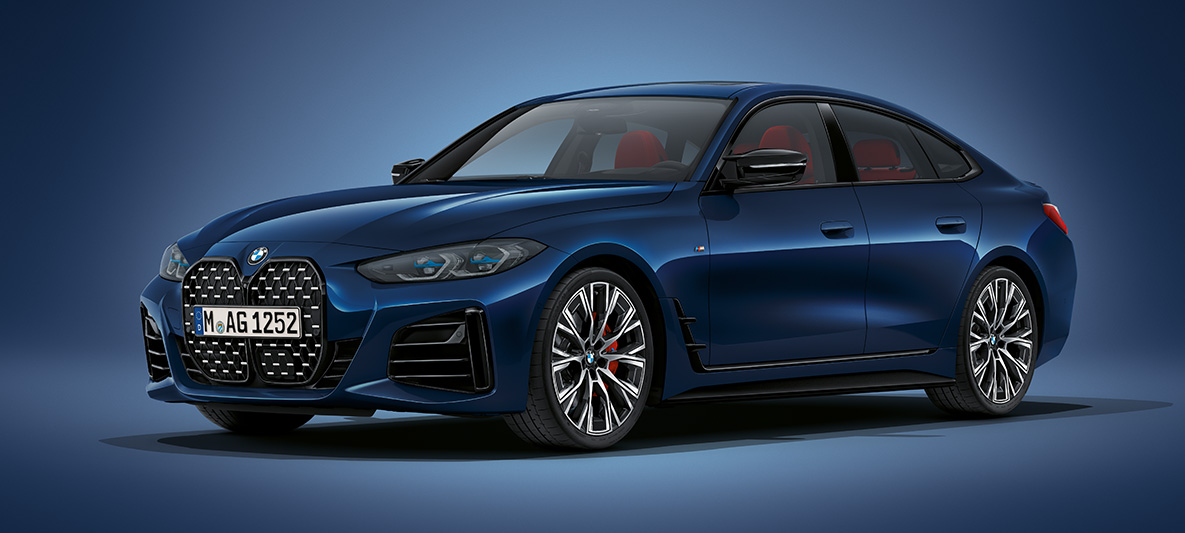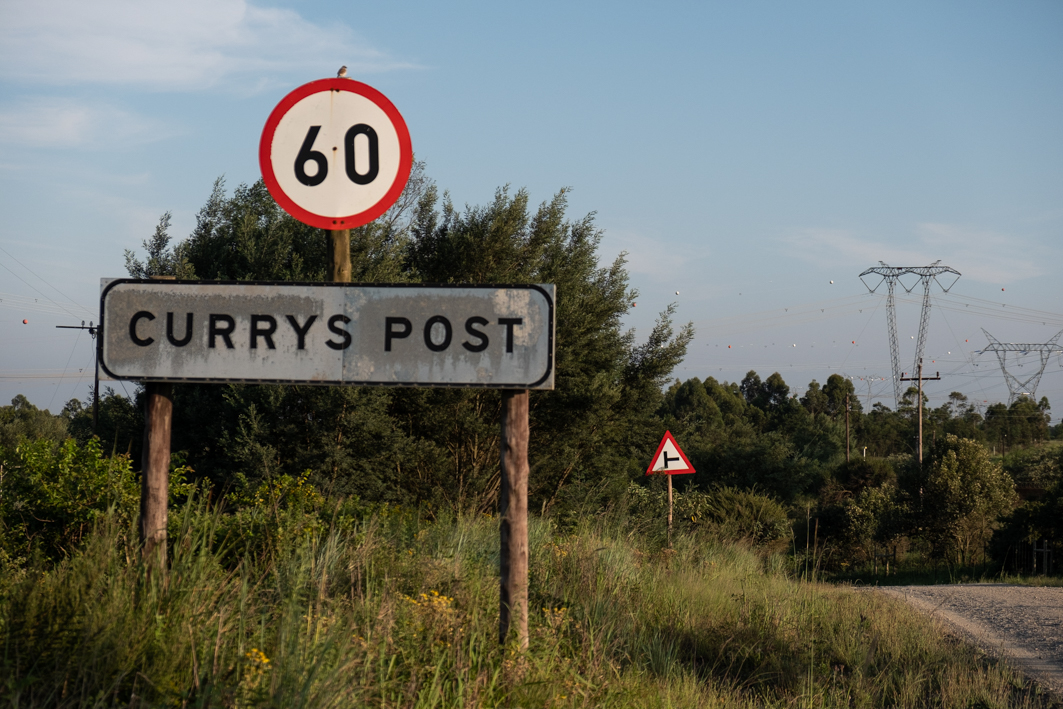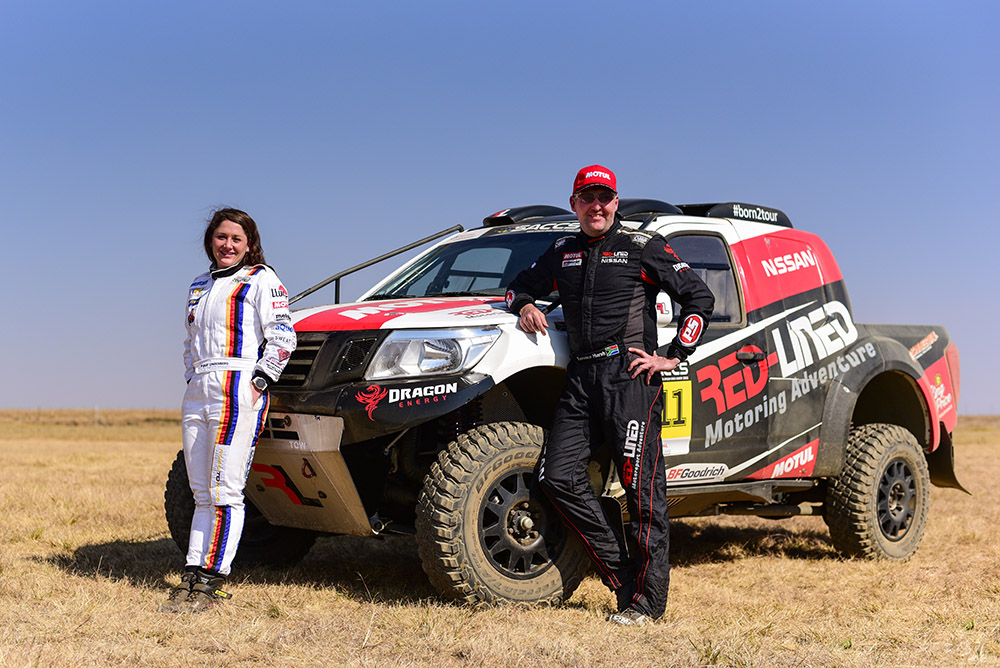Going on an extended overland expedition without a fridge/freezer is a bit like going to war with a gun and no bullets. How else are you going to keep your meat and perishables fresh, and your beers cold?
Biltong is a favourite snack for many South Africans, and a delicacy for tourists.
However, the process of cutting meat into strips and leaving it out to dry to preserve it for longer periods far predates the snack we know today.
From ancient times, people were preserving meat by cutting it into thin strips, curing it with salt, and leaving it to dry. Ditto with early seafarers, who hunted for meat, cut it into thin strips, and hung it up to dry for later consumption.
To be sure, these folks didn’t follow these processes because they have a particular affinity for dried meat. It was simply because there was no other way of keeping meat fresh over an extended period at the time.
Thank goodness, then, for modern technology. Like a fridge, designed specifically for use in an overland application. And the local butchery, where you can buy your preferred cut of meat over the counter, and you don’t have to crawl through the bush with a hunting rifle to shoot something for the pot.
As with anything in life, there are fridges… and then there are fridges. You get small, compact refrigerated units, which are perfect for keeping a six-pack chilled. Then you get bigger units that have two compartments, and serve both as fridge and freezer.
The bigger systems normally have two power options: A normal 220V plug-in option, or a 12V battery-based connection. So, when you are overlanding and driving your vehicle, you can keep the fridge plugged into the 12V jack. As long as the engine is running and charging the battery, all is shipshape.
When you arrive at your destination, you can then switch to a 220V outlet, if electricity is available. Leaving the fridge running while the vehicle’s engine is not may cause the car’s battery to drain.
That’s where dual-battery systems come in. Fitting one of these is really essential if you’ll be travelling with a fridge/freezer to areas without any electricity, especially if it’s a rather hot area (like most of Southern Africa). With an extra battery powering auxiliaries such as the fridge, the vehicle’s main battery won’t lose charge. Once on the move, with the engine ticking over, the second battery will be charged again.
Also important to note are rules and regulations pertaining to transporting meat and other food products across borders. Each country has its own rules. It’s not quite cricket when you pack half-a-sheep and other delicacies in your fancy fridge, only for it all to be confiscated at a border post.
The same applies to ‘veterinary fences’ in neighbouring countries such as Botswana. Traversing these posts may also cause officials to lighten your fridge of meats so be aware of these rules and regulations, too.
Get the inside info
Ask your local 4×4 expert about the best fridge/freezer solution for your needs, application and vehicle.
